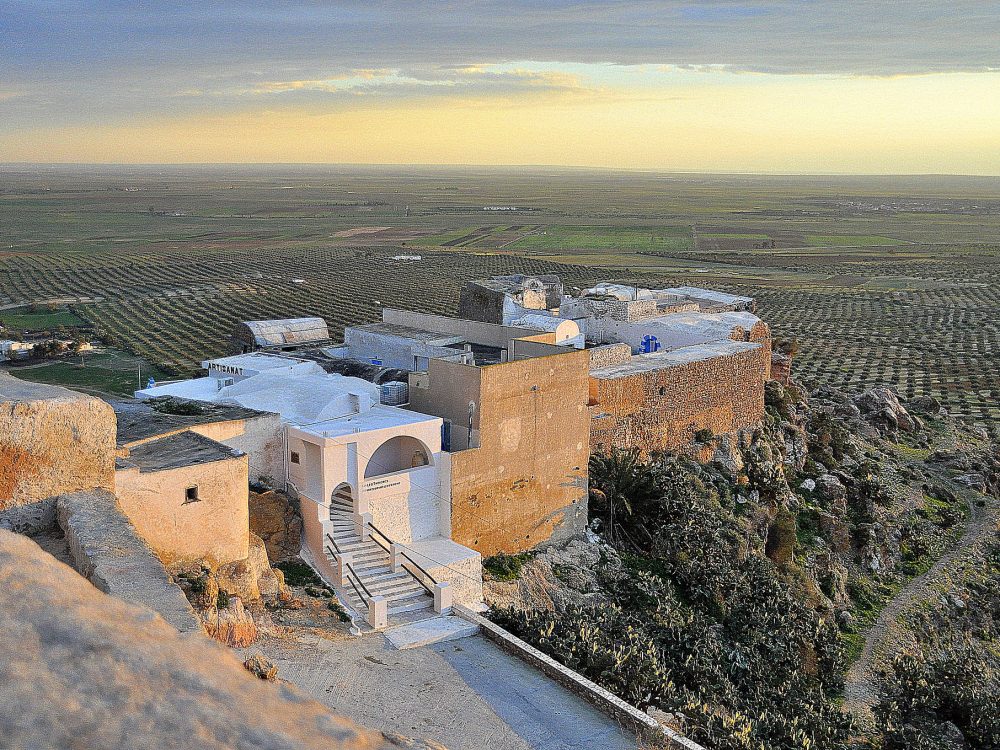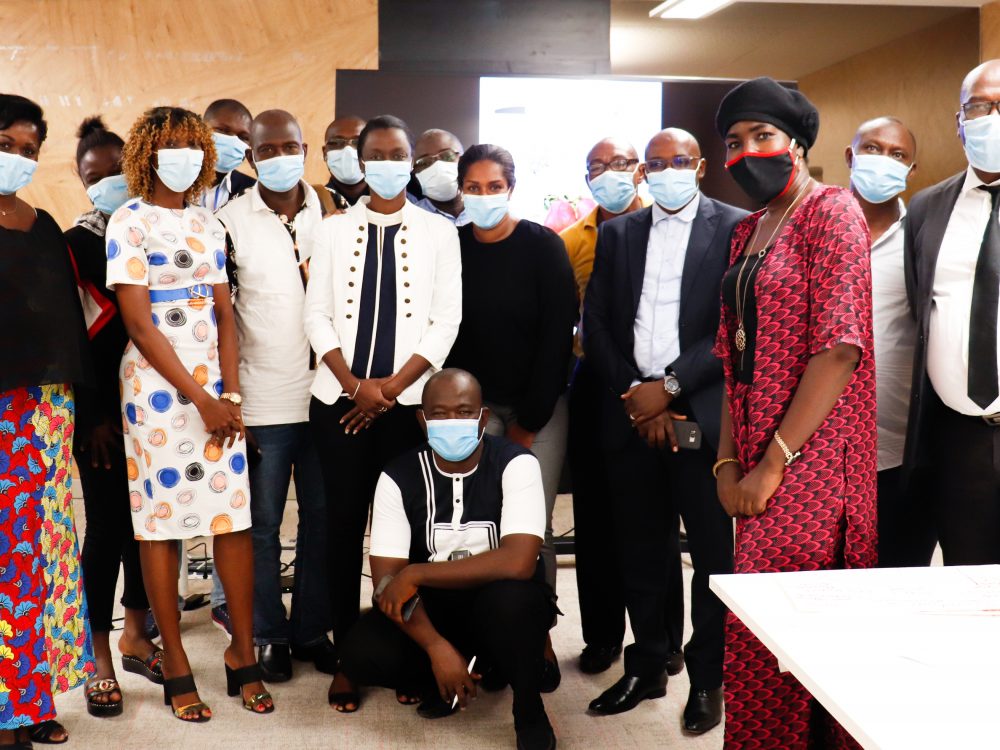Nepal AMP is a “Very Effective Tool for Government Aid Planning” According to UNDP
The Developing Capacities for Effective Aid Management and Coordination (DCEAMC) project commenced in February 2009 with one of its objectives to put in place a transparent and functioning aid information management system for Nepal. The project is managed by the Foreign Aid Coordination Division (FACD) of the Ministry of Finance in Nepal and funded by UNDP, DFID and DANIDA. Key Government partners include the Ministries of Education, Health and Local Development and the National Planning Commission.
Development Gateway participated in the DCEAMC by developing a customized Aid Management Program with the government of Nepal, to provide software tools and institutional strengthening activities that improve the availability of aid information at the country level. Through a combination of process analysis, training, and technical assistance, Development Gateway worked with Nepalese government partners to create a customized package of support for better aid information management.
Recently, UNDP commissioned a review of the DCEAMC to assess the project’s performance and effectiveness in achieving the intended results. The assessment revealed that the effort was very successful in establishing an Aid Management Platform (AMP) within FACD that is “a very effective tool for the collection and dissemination of information related to foreign aid flows”, used by most development partners, which is being institutionalised within the Ministry of Finance as part of Government budgetary and planning processes.
Key results include:
- The review team found that the DCEAMC project has been very successful in meeting its objective to create a user-friendly, functional and transparent Aid Management Platform (AMP) that has been customized for Nepal. It is used by most Development Partners (DPs), including non-traditional DPs and the FACD has developed the skills and competencies to continue implementing the AMP in the future.
- It has filled significant gaps in Government knowledge about trends in aid allocation by DPs, the amount of aid that is off-budget, particularly technical assistance (TA), the extent of fragmentation of aid and predictability of aid.*
- At this stage of the DCEAMC project the sustainability of the capacity development efforts for the AMP staff and Under Secretaries within the FACD itself has been reasonably established, with a critical mass of government functionaries generally capacitated for the management and running of the AMP.
The assessment also found that AMP data has the potential to become a very significant tool for Government aid planning, coordination and management processes. We look forward to continue working with DCEAMC, FACD, and the government of Nepal to further develop and enhance their Aid Management Platform.
Share This Post
Related from our library

How Useful Is AI for Development? Three Key Lessons
The development world is buzzing with excitement over the idea that new and emerging applications of AI can supercharge economic growth, accelerate climate change mitigation, reduce inequalities, and more. But what does this look like in real life?

At a Glance | Tracking Climate Finance in Africa: Political and Technical Insights on Building Sustainable Digital Public Goods
In order to combat the effects of climate change, financing is needed to fund effective climate fighting strategies. Our white paper, “Tracking Climate Finance in Africa: Political and Technical Insights on Building Sustainable Digital Public Goods,” explores the importance of climate finance tracking, common barriers to establishing climate finance tracking systems, and five insights on developing climate finance tracking systems.

Du côté de l’Afrique Francophone et des Caraïbes
Development Gateway travaille aussi dans les pays francophones d'Afrique et des Caraïbes depuis 2007. Nous mettons à profit notre expertise technique et développons des outils, des processus et des analyses multilingues personnalisés pour soutenir les efforts de nos partenaires à obtenir de meilleurs résultats dans plusieurs secteurs, notamment l'assistance au développement, l'agriculture, les industries extractives et la santé. Ce bulletin d'information revient sur la présence de DG dans les pays francophones.